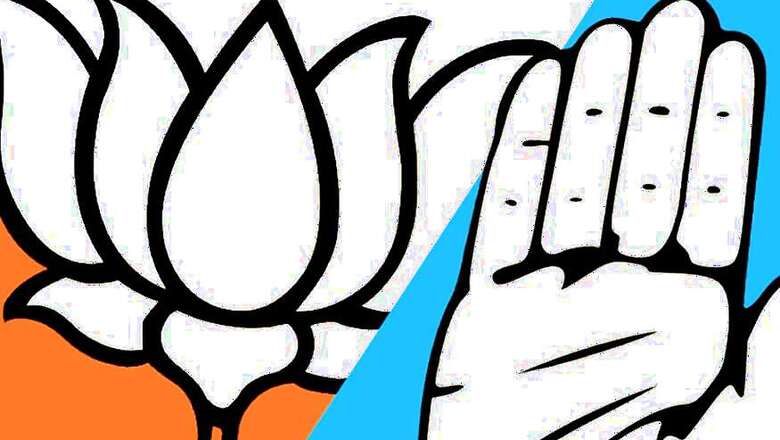
views
New Delhi: With the Karnataka Assembly elections just months away, wars over history seem to be breaking out periodically between the ruling Congress and opposition BJP in the state.
After a clash over celebrating the legacy of Tipu Sultan, the two parties are now clashing over the medieval Bahmani Sultnate that endured for around 180 years.
The Bahmani Sultanate and the Hindu-ruled Vijayanagar Empire were at war with each other for around two centuries. But if the accounts of medieval Persian historian and traveler Ferishta are to be believed, the southern Islamic kingdom may have had a secular origin.
During the last years of Muhammad Bin Tughlaq, the Sultan of Delhi, the grasp of Delhi over several of its provinces started to weaken. Out of this chaos emerged the Vijayanagar Empire, under a Hindu king in 1336, and the Bahmani Sultanate around a decade later, in 1347.
Immediately, the two kingdoms waged wars against each other. A military officer of the Delhi Sultanate, a man by the name of Hasan Gangu, formed for himself an independent kingdom in the city of Daulatabad and called it the Bahamani Sultanate.
But why the kingdom came to be known as ‘Bahmani’ has some interesting theories. While some medieval accounts claim Hasan Gangu was a descendant of the Persian king Bahman, Ferishta rejects the notion. Hasan Gangu, Ferishta said, was an Afghan by origin.
Instead, Ferishta has a different story to tell. Hasan started out as a simple farm laborer in the fields of a Brahmin landlord by the name of Gangu. One day, Ferishta says, Hasan was tilling the land when he found buried in the soil a large copper pot filled with gold coins. Instead of making off with the gold, Hasan took the gold to his master. The Brahmin was stunned by Hasan’s honesty and immediately made a ‘bhavishyavaani’ (prediction) – Hasan would one day be King.
Gangu the Brahmin then took Hasan to the Sultan and told him of the farm laborer’s honesty. The Sultan must reward Hasan, Gangu demanded. The Sultan then elevated the simple farm hand to the rank of captain in his army and named him ‘Hasan Gangu’ in honor of the Brahmin master.
Years later, when Hasan himself would become Sultan, he would take on the regal title ‘Sultan Abul Muzaffar Alauddin Bahman Shah’ and the kingdom was named the ‘Bahmani Sultanate’. The word ‘Bahman’, according to Ferishta, was a corruption of the word ‘Brahmin’ – a nod to Hasan’s old Brahmin master.




















Comments
0 comment